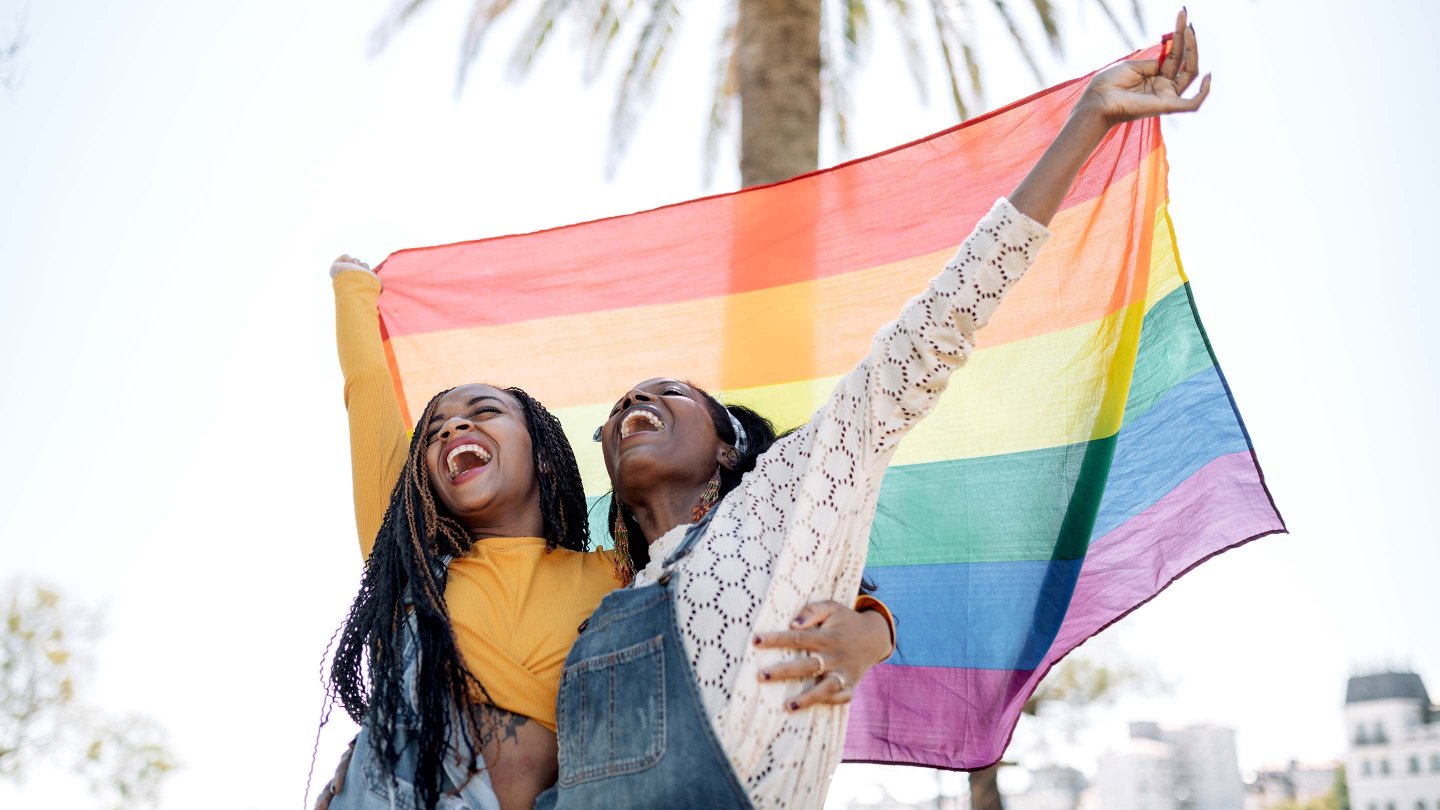This includes the things that are tables stakes for non-marginalized groups: the ability to get food, water, housing, employment, without discrimination. No one has the agency “to bring their authentic self to work “if they’re hungry, or scared, or don’t have somewhere safe to sleep.
Pride is also extremely intersectional. Bricks were thrown at Stonewall because queer and trans people, especially of trans women of color, were being systematically stripped of their rights. We have rights and freedoms today because the most marginalized among us fought for them tooth and nail. Pride Month is first and foremost a recognition of that struggle.




